-
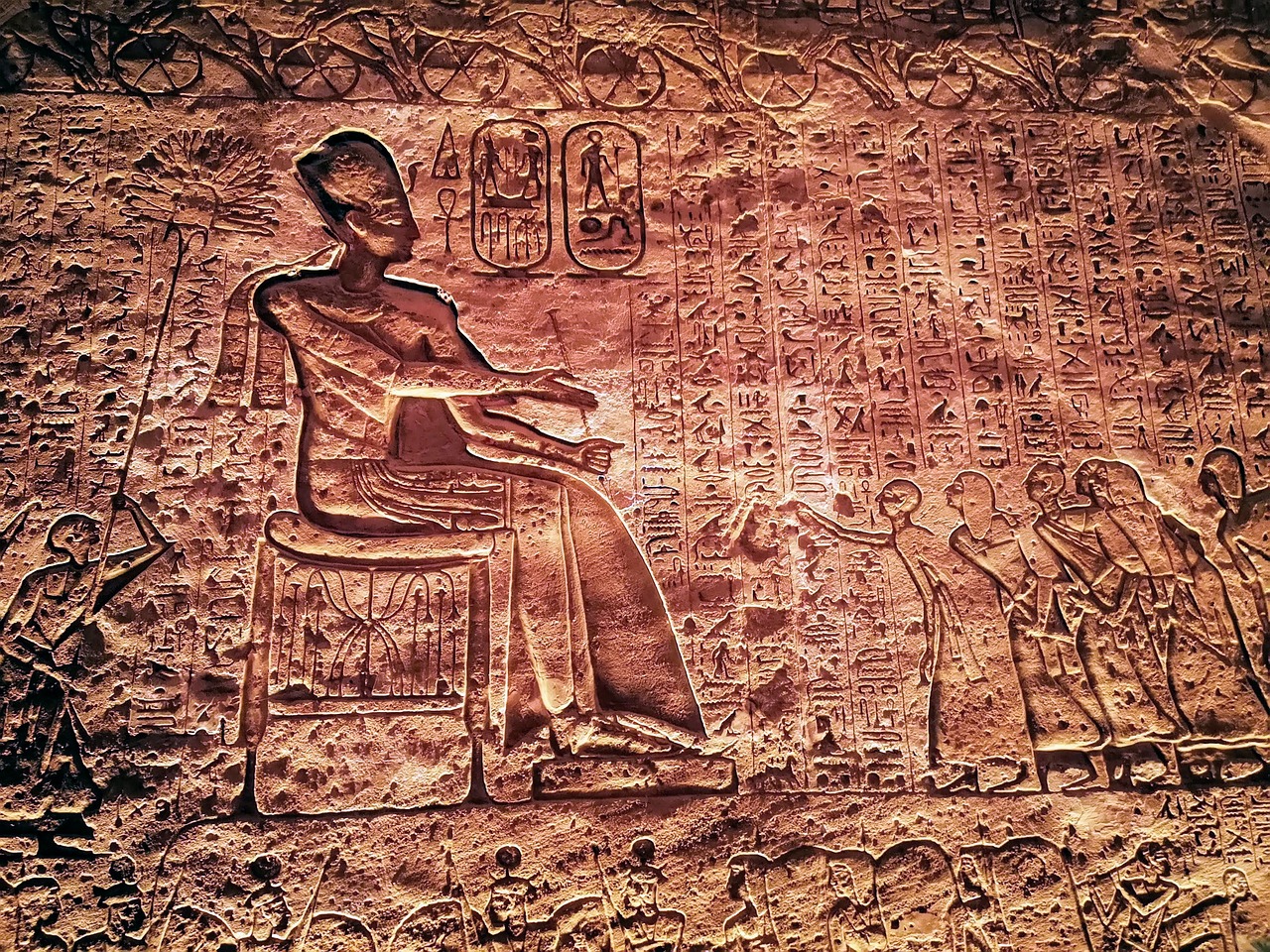
The ancient Egyptian civilization stands out as the earliest documented among the foremost global civilizations. Prior to Egypt, little is understood about prehistoric societies, yet they are believed to have been driven by superstition, and their capacity to manage illnesses was rudimentary, if not altogether absent. The societal stability afforded by ancient Egypt fostered advancements…
-

The Enigmatic Donn of the Dead in Irish Mythology The rich tapestry of Irish folklore weaves tales that have evolved through the generations, adapting to the cultural shifts of the times. Among these intriguing figures is Donn of the Dead, the revered king of the afterlife, often depicted in artistic lore and exalted by those…
-
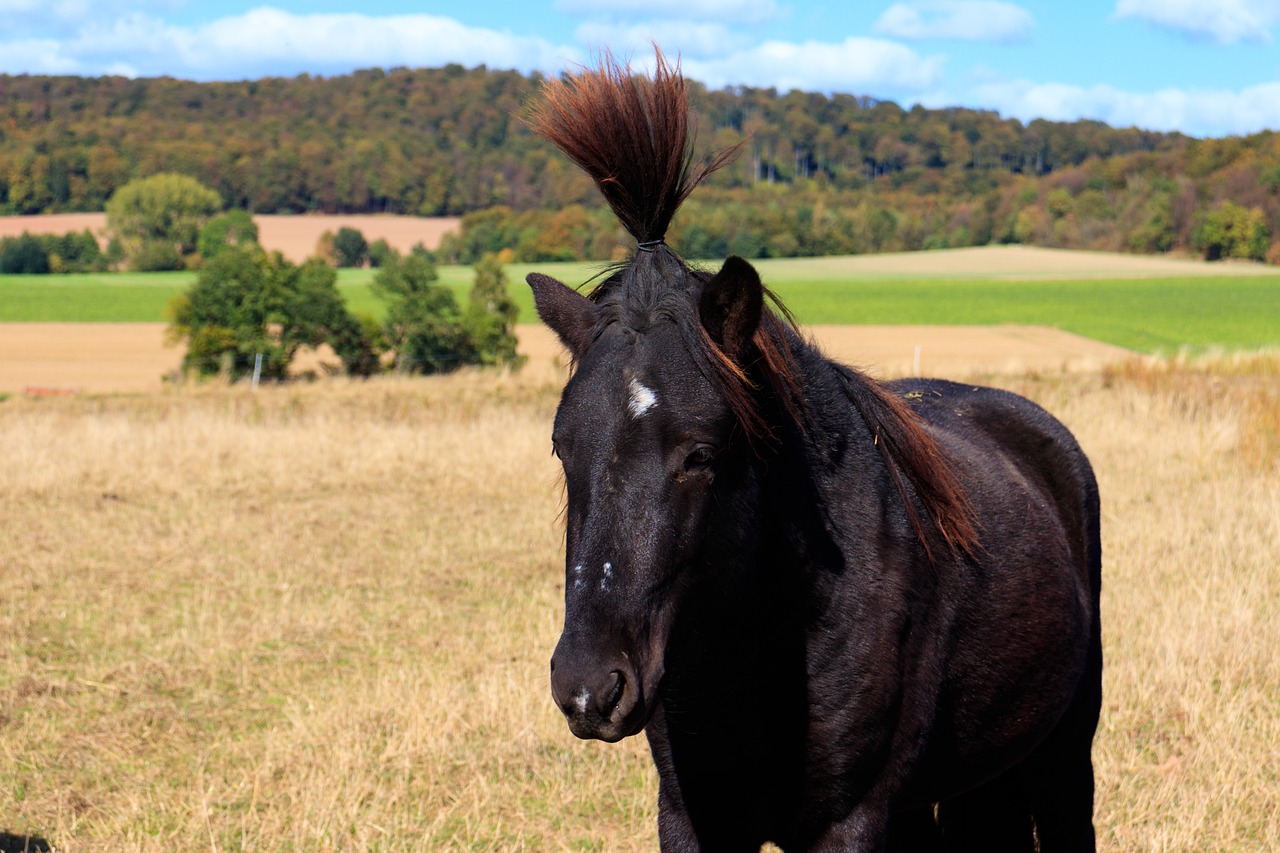
The Tale of Demeter and Persephone In the realm of Ancient Greek mythology, the tale of Demeter and her beloved daughter Persephone stands out as a poignant narrative. The people of ancient Greece cherished sharing stories of their deities, passed down through generations with great reverence and creativity. Demeter, the goddess of agriculture, played a…
-
The Fearsome Warrior Queen of Irish Mythology: Scáthach Scáthach, the legendary warrior who mentored the epic hero Cú Chulainn, stands out as one of the most formidable characters in Irish mythology. Renowned as “The Shadow,” this Scottish queen resided in a castle on the Isle of Skye, where she imparted her martial skills to aspiring…
-
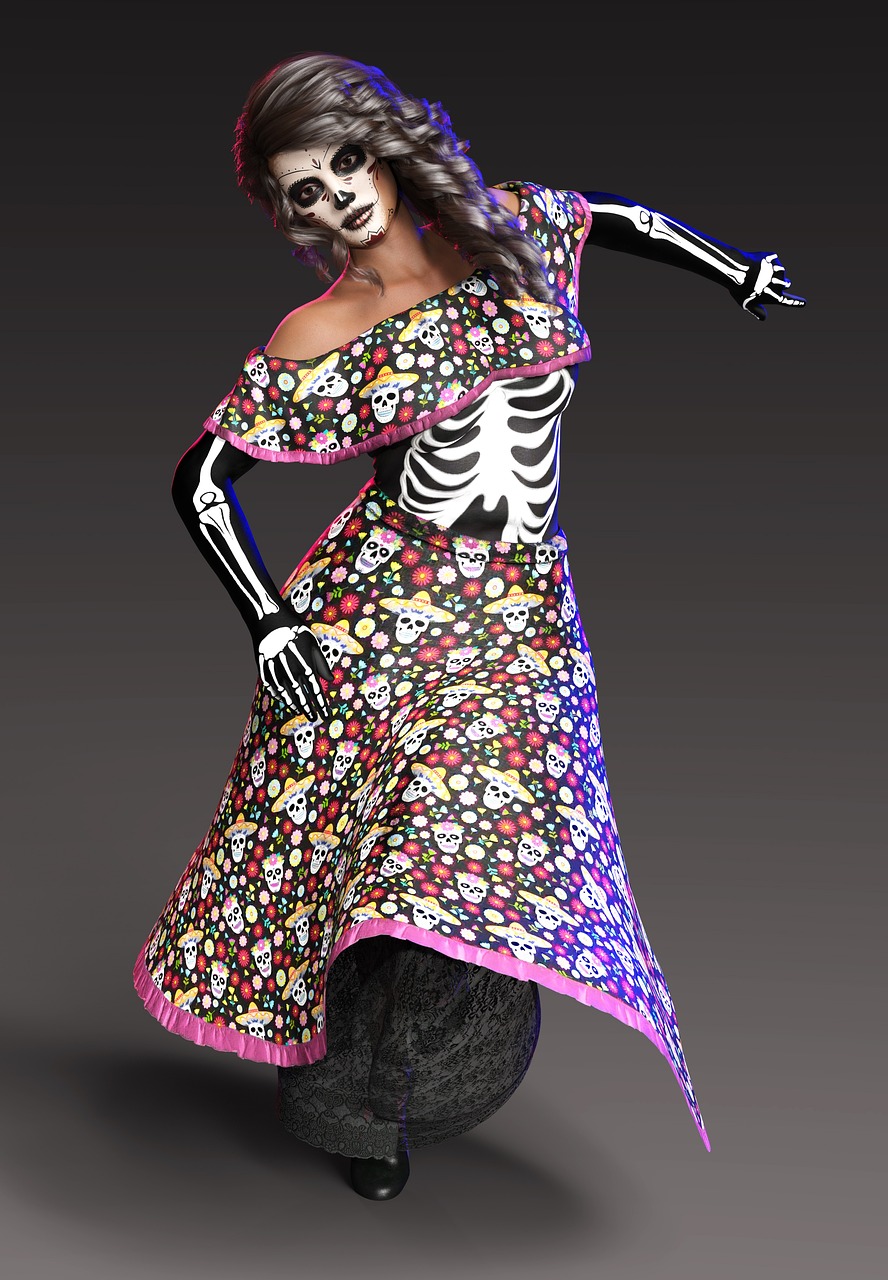
The Significance of Samhain and Tlachtga in Celtic Tradition Samhain, celebrated on November 1st, is a festival that signifies the “end of summer” and represents the conclusion of the Celtic year with the arrival of winter. October 31st marks a time of deep reflection as both ancestors and the living intersect in a mystical realm.…
-
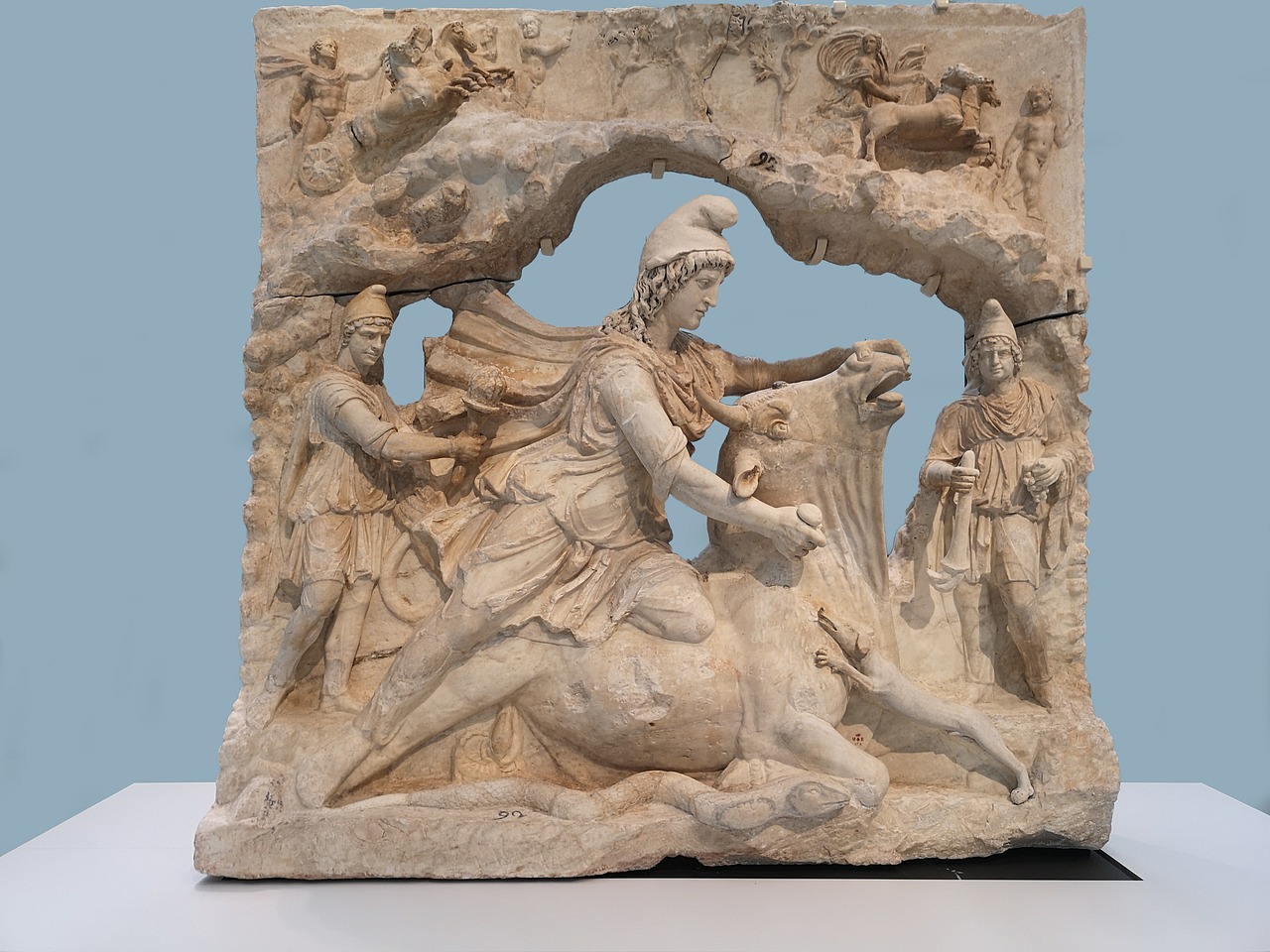
Mithras and Sol: A Glimpse into Ancient Cults Overview of the Cult Image The relief featuring Mithras and Sol serves as a captivating depiction of the earth’s regeneration associated with the celestial sun god, Sol. This artistic piece encapsulates the moment of a shared meal between the two deities, making it a significant ornament for…
-
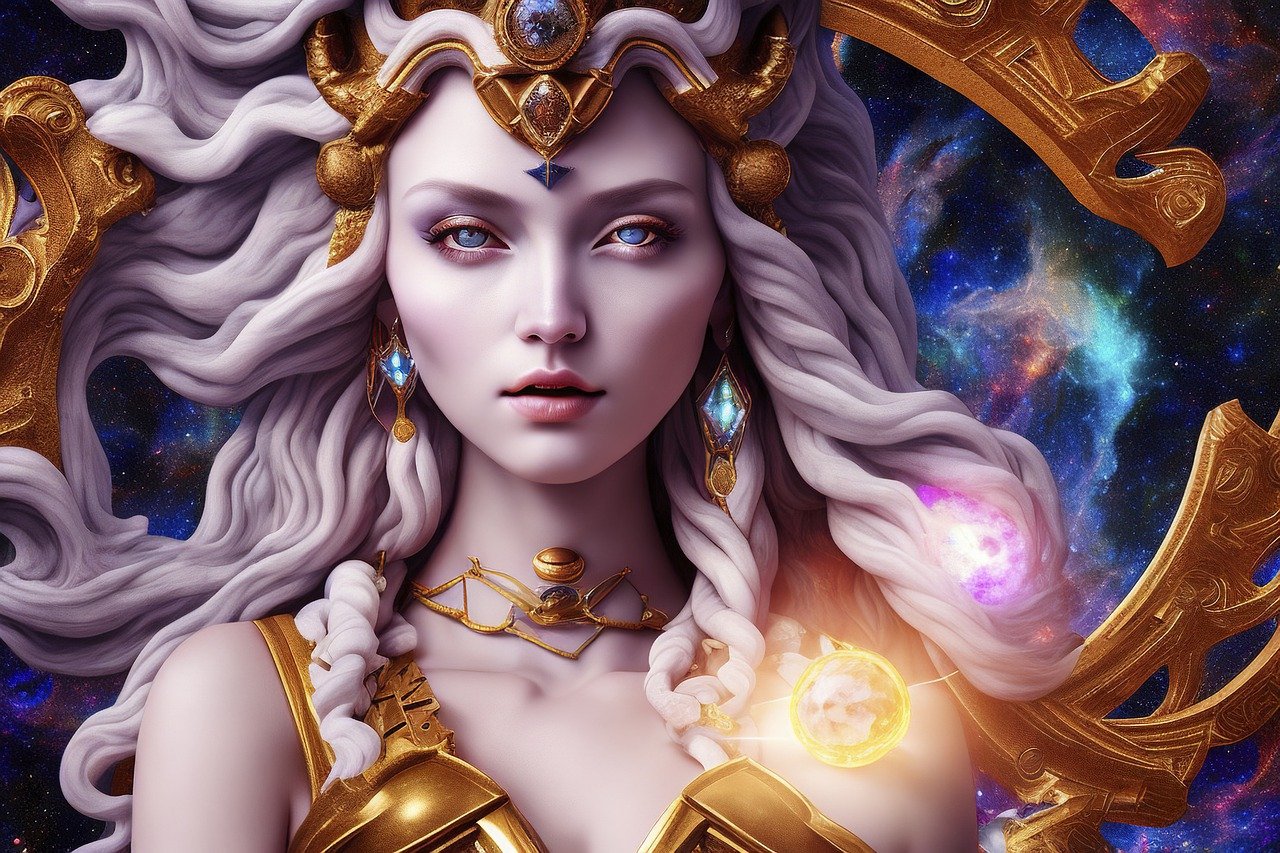
Mafdet, renowned as the lunar goddess, held the title of Piercer of Darkness. Historically, ancient civilizations referred to cheetahs as “flying cats,” as their remarkable speed gave the illusion of soaring above the ground. These agile predators could reach an amazing acceleration of 75 km/hr and maximum velocities of up to 110 km/hr. Comparable to…
-
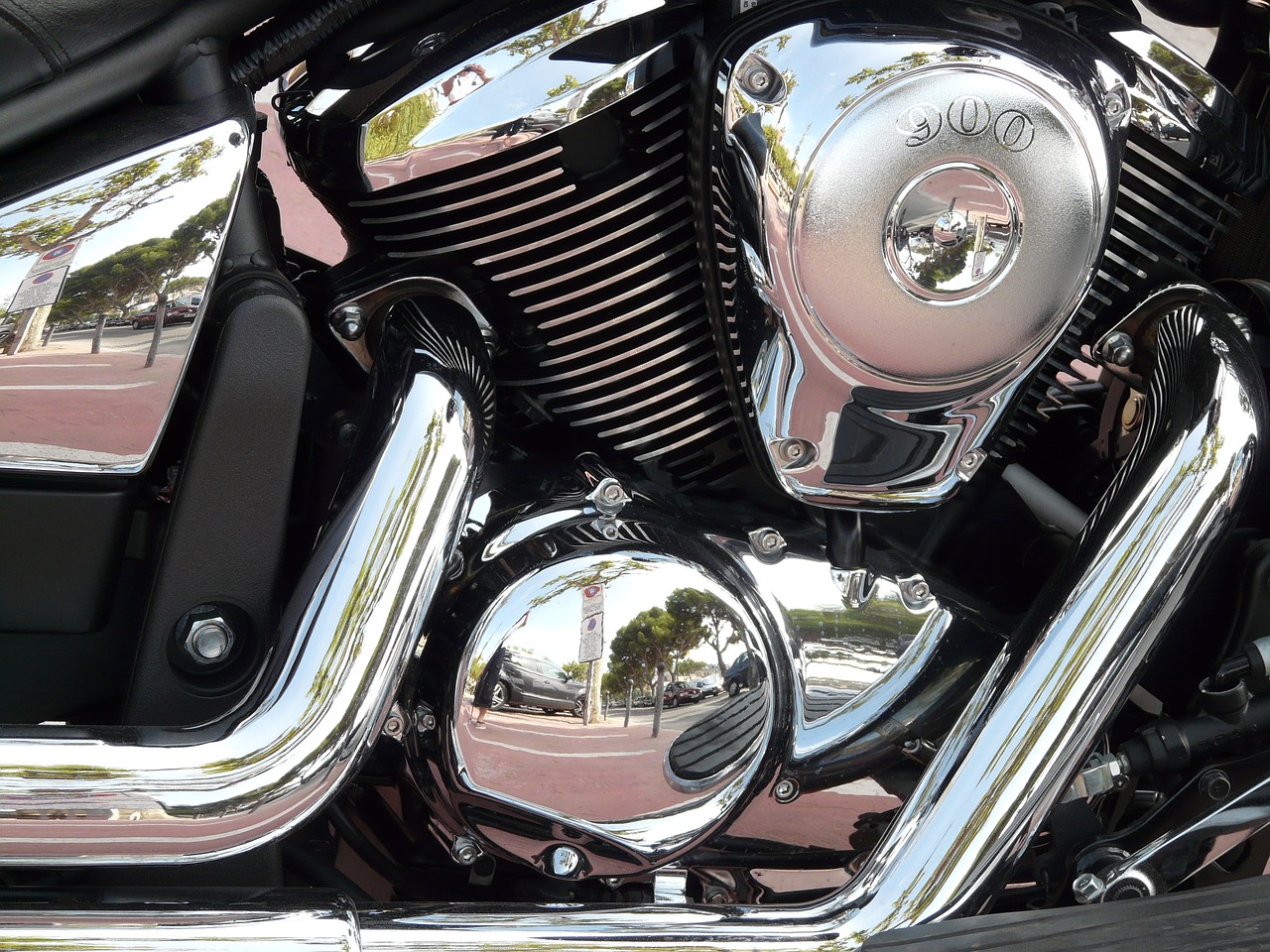
Vulcan, the Goddess of Fire and Metalworking To grasp the Roman perspective on the divine essence of fire, an understanding of Vulcan (known as Vulcanus to the Romans) is crucial. Vulcan embodies both the fertile and the destructive aspects of fire. He commands reverence, feared for his devastating flames that threaten to consume forests, homes,…
-
Overview In Celtic legends, Medb stands as the Queen of Connacht, depicted as a central antagonist in the Ulster Cycle. Intelligent and powerful, she ruled over Western Ireland and extended her influence across much of the isle. Her tumultuous relationship with her previous spouse, Conchobar of Ulster, placed her in direct opposition to the famed…
-

At the historic location of Emain Macha, where the ancient rulers of Ulster once presided, the realms of history and mythology intertwine, creating a narrative rich with heroism, strife, and spirituality. The name Emain Macha itself pays homage to a Celtic goddess, a unique distinction among Celtic sites. This connection even influences the name of…


